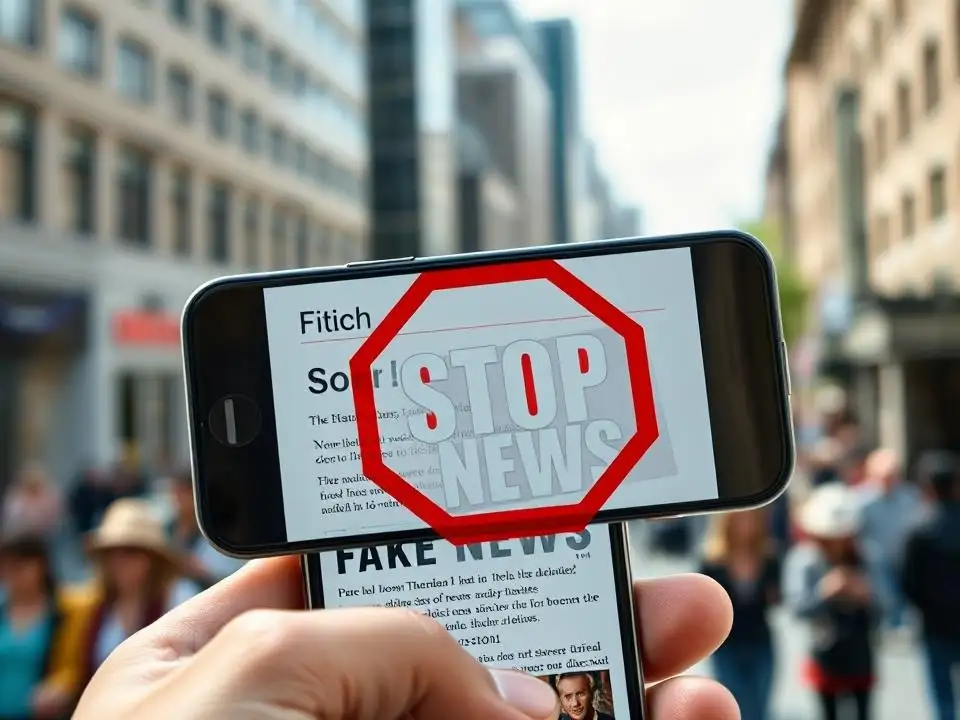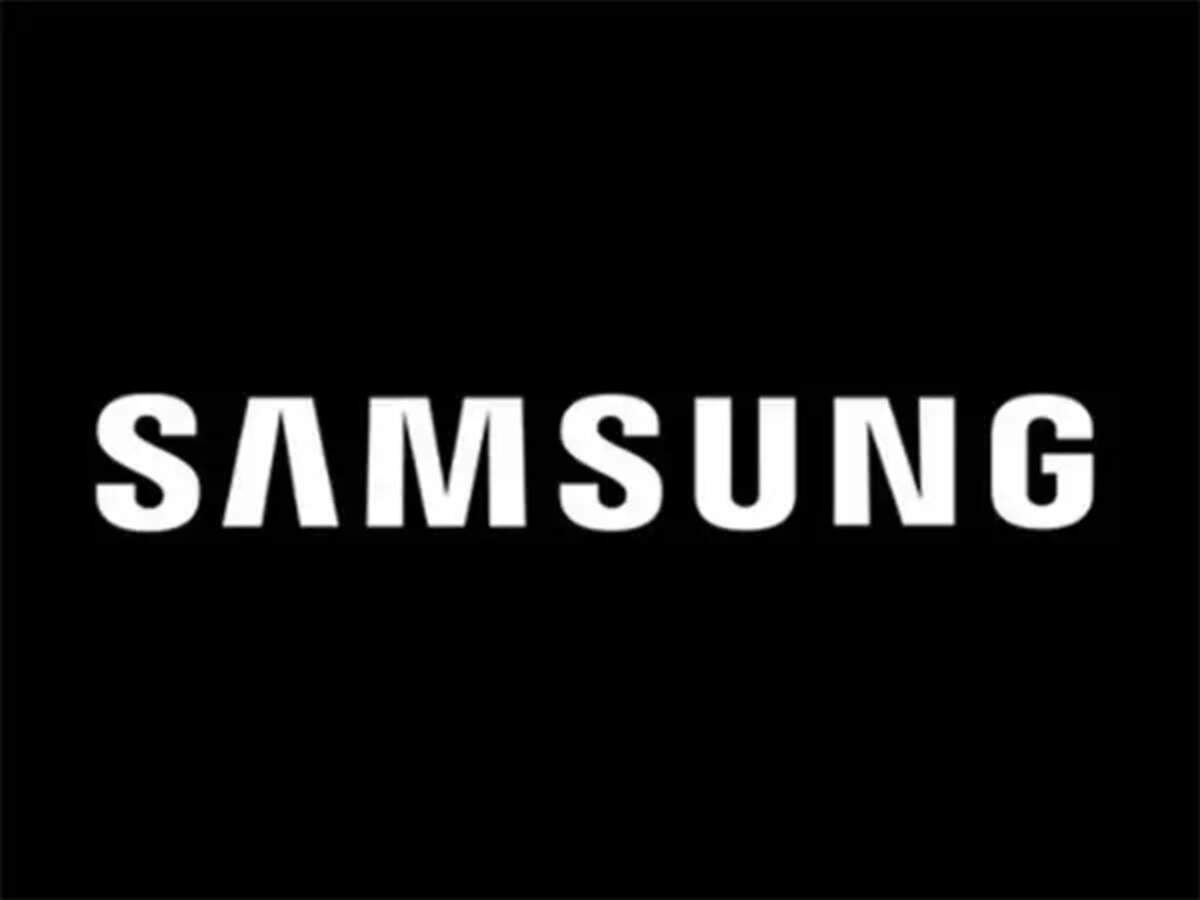Parallels are being drawn with the 1975 Emergency, with critics warning of a potential threat to free speech, while supporters, on the other hand, viewing the bill as a weapon to combat digital propaganda surfacing on social media.
In a recent interview with ET, Karnataka’s IT-BT minister Priyank Kharge said, “We’re not trying to change any policy. We’re just trying to connect the dots that already exist and make a bill out of it.”
“We are not doing anything such as tampering with the IT Act, 2000. We are merely categorising any public interest information as true or false,” he added.
ET takes a deep dive on the key provisions of the bill, its implications for Big Tech and related concerns.
The Bill
According to the state government’s draft proposal—the Karnataka Misinformation and Fake News (Prohibition) Bill, 2025—placed before the cabinet in mid-June, includes the following provisions:
- The government looks to criminalise and punish those who spread misinformation.
- Companies and social media platforms may also be held liable for fake news shared through their networks.
- Social media users found guilty can face two to five years in jail. If one posts fake news on social media platforms, they can be imprisoned for up to seven years and fined up to Rs 10 lakh.
- Abetment of such offences will also attract a two-year jail term.
The authority
The draft bill includes formulating a six-member ‘fake news regulatory authority’ tasked with a broad mandate to monitor and regulate the content disseminated on social media platforms.
It includes the prohibition of publication of content amounting to disrespect of Sanatan symbols and beliefs on social media platforms and the prohibition of publication of content promoting superstition.
Implications for Big Tech
The social media landscape currently falls under the jurisdiction of the Central government via the Information Technology (IT) Act, 2000 and IT Rules, 2021.
If enacted, Karnataka’s bill would mark the first time a state government has introduced criminal penalties for online misinformation.
The development comes amid a broader trend of regulatory scrutiny on Big Tech.
In March, social media platform X Corp (formerly Twitter), owned by Elon Musk, filed a writ petition in the Karnataka high court challenging the central government’s authority to issue content-blocking orders under Section 69A of the IT Act.
X began blocking over 8,000 accounts in India following executive orders from the Indian government, according to the company.
In April last year, the Ministry of Corporate Affairs (MCA) unveiled the Digital Competition Act to regulate anti-competitive practices by global tech giants like Google, Meta, Amazon, Microsoft, and X.
The Competition Commission of India (CCI) in November last year slapped a penalty of Rs 213.14 crore on Meta for alleged abuse of its dominant position in the implementation of the messaging app’s 2021 privacy policy.
In an order, the antitrust regulator said that user data was collected and shared with other Meta companies in contravention of the competition law.
The same year, WhatsApp was asked to break the end-to-end encryption norm and require it to trace the originator of certain messages.
Delhi High Court heard a petition by WhatsApp challenging the Information Technology (Intermediary Guidelines and Digital Media Ethics Code) Rules 2021, which makes it obligatory for social media intermediaries requiring the messaging app to trace chats and make provisions to identify the first originator of information on the court’s order.
Above this, a state-level policy framework to criminalise the spread of misinformation and hold platforms liable introduces an additional layer of regulation. This fragments the digital space, forcing Big Tech companies to navigate different rules in different states.
What lies ahead?
With over 600 million internet users in India, as per a report by CNBC, the platforms currently enjoy “safe harbour” protection from liability for user-generated content.
The shift now would hold platforms criminally liable if they fail to comply with the proposed bill and miss out on restricting fake news or misinformation.
However, concerns remain over the vague definitions used in the drafted legislation on what qualifies as misinformation and fake news.
Karnataka’s IT-BT minister Priyank Kharge, in a statement on X, said the departments of law, home, and IT will hold consultations and come up with a draft proposal before it receives approval.




